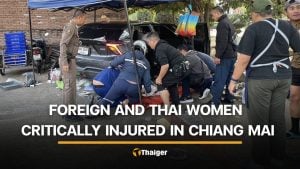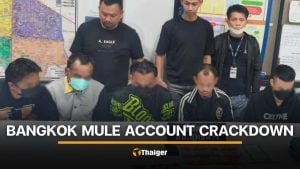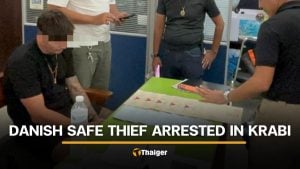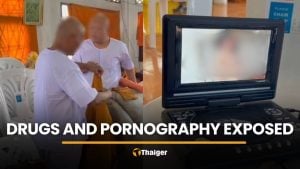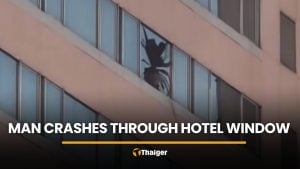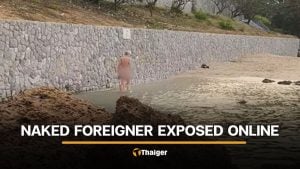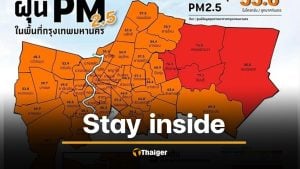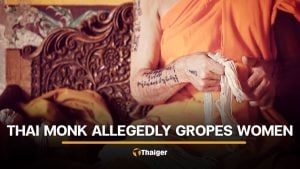Thailand’s cheating lecturers – the lazy academics faking their research
A third of lecturing careers built on fake publications
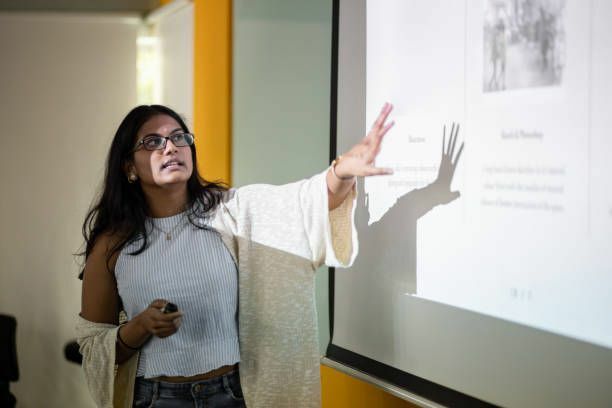
Thailand’s cheating lecturers are under investigation as eight of the kingdom’s universities claim that a third of lecturers have submitted research papers that they bought on the Internet and claimed as their work.
Sirirurg Songsivilai, permanent secretary of the department of higher education, told the media that…
“Thirty-four universities have conducted separate investigations into research papers submitted by more than 100 lecturers. These are all suspected of being plagiarised from work commercially produced by foreign institutes that specialise in research works for sale.”
Thailand’s cheats outdo hard workers
Sirirurg’s office has received reports from eight universities so far, describing fraud and academic theft by 33 of Thailand’s cheating lecturers.
This is not plagiarism. Nothing was copied or stolen from the original writers. This is high-quality bespoke academic skulduggery, with each paper tailored to fit the lecturers’ particular inadequacies. The only victims are the students and honest lecturers who cannot compete with these cheats for the glittering prizes.
Thailand’s cheating lecturers threaten our lives
Academic fraud is a deliberate effort to deceive and includes plagiarism, fabrication of data, misrepresentation of historical sources, tampering with evidence, selective suppression of unwanted or unacceptable results, and theft of ideas. It also includes simply buying complete resumes of scholarly papers. Some cases of academic fraud are easy to detect and prove. Others are downright dangerous. Civil engineering cheats, medical fraudsters and automotive ‘designers’ represent a serious threat to our lives.
One of the tests of academic fraud is that the actions of the cheats “go against the expected norms of a school, university or other learning institution.” The expected norms of Thailand’s best universities do not align with those of students who pay massive tuition fees to be lectured by unqualified lairs.
Can students sue Thailand’s cheating lecturers?
Sirirurg thanked the universities for submitting their findings within the timeframe and urged the others to speed up their probes, in case they are found to be protecting dishonest lecturers and senior staff.
Using other people’s research work and claiming it as their own is a breach of academic ethics and a disciplinary violation. More seriously, there is plenty of potential that students may sue universities. Not only will students demand their money back, but many graduates will feel the need for a whole career’s worth of compensation, having been taught almost exclusively by Thailand’s cheating lecturers masquerading as intellectuals.
Latest Thailand News
Follow The Thaiger on Google News:








